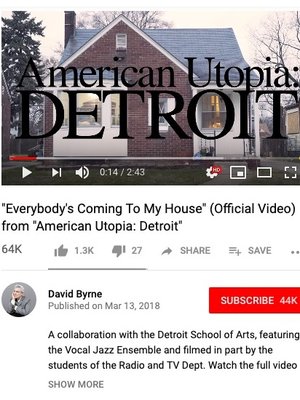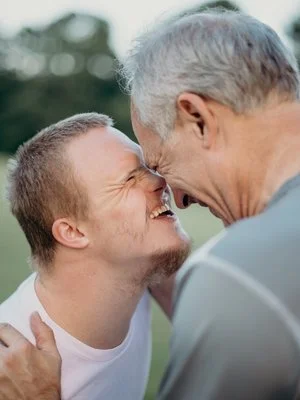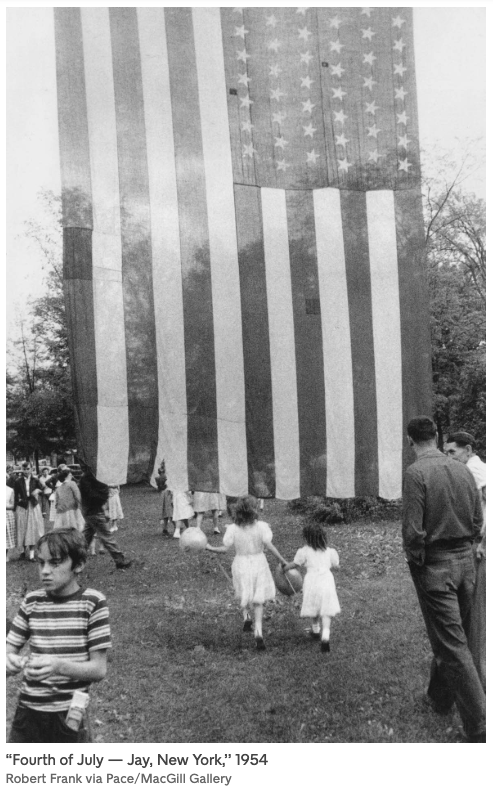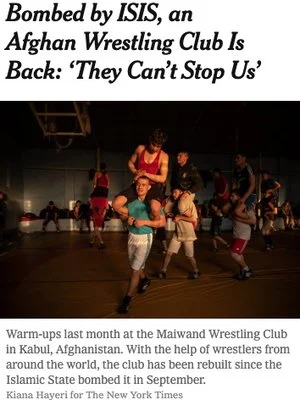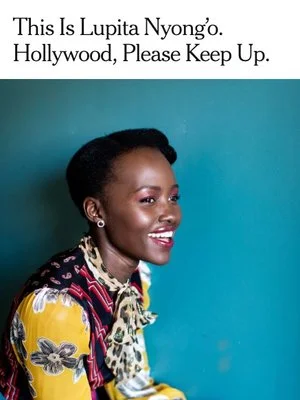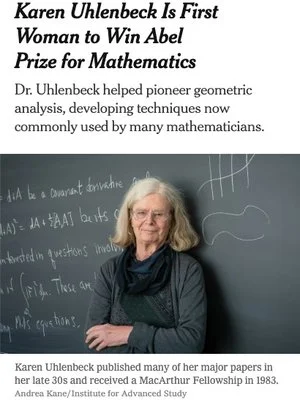Texas Tech Medical School will stop using race in admissions, halting any efforts to increase racial diversity in its student body.
From 2004 to 2018, the school increased enrollment of Hispanic students from 9% to 16% after a concerted effort was made to recruit them. The school said that it wanted to recruit students who showed the cultural sensitivity that would allow them to serve racially diverse patients - i.e. : wouldn’t it be great to have some Hispanic doctors working in Hispanic communities? (New York Times)
Because the medical community in the United States has a dark history when it comes to treating minority groups, it’s especially important to ensure a diverse student pool for medical schools.
For example, in the 19th-century, American medical schools trained students how to “detect” whether an enslaved person was faking an illness. The ramifications of these practices still linger today. In a 2016 study of medical students at the University of Virginia, many students said they believed that African Americans feel less pain than other patients, which could explain why black patients’ pain often goes under-treated (Washington Post).
This recent roll-back of affirmative-action practices is alarming not only because it’s important to ensure that higher education is accessible to people of all backgrounds, but also to ensure that our doctors reflect the diversity of our country.



